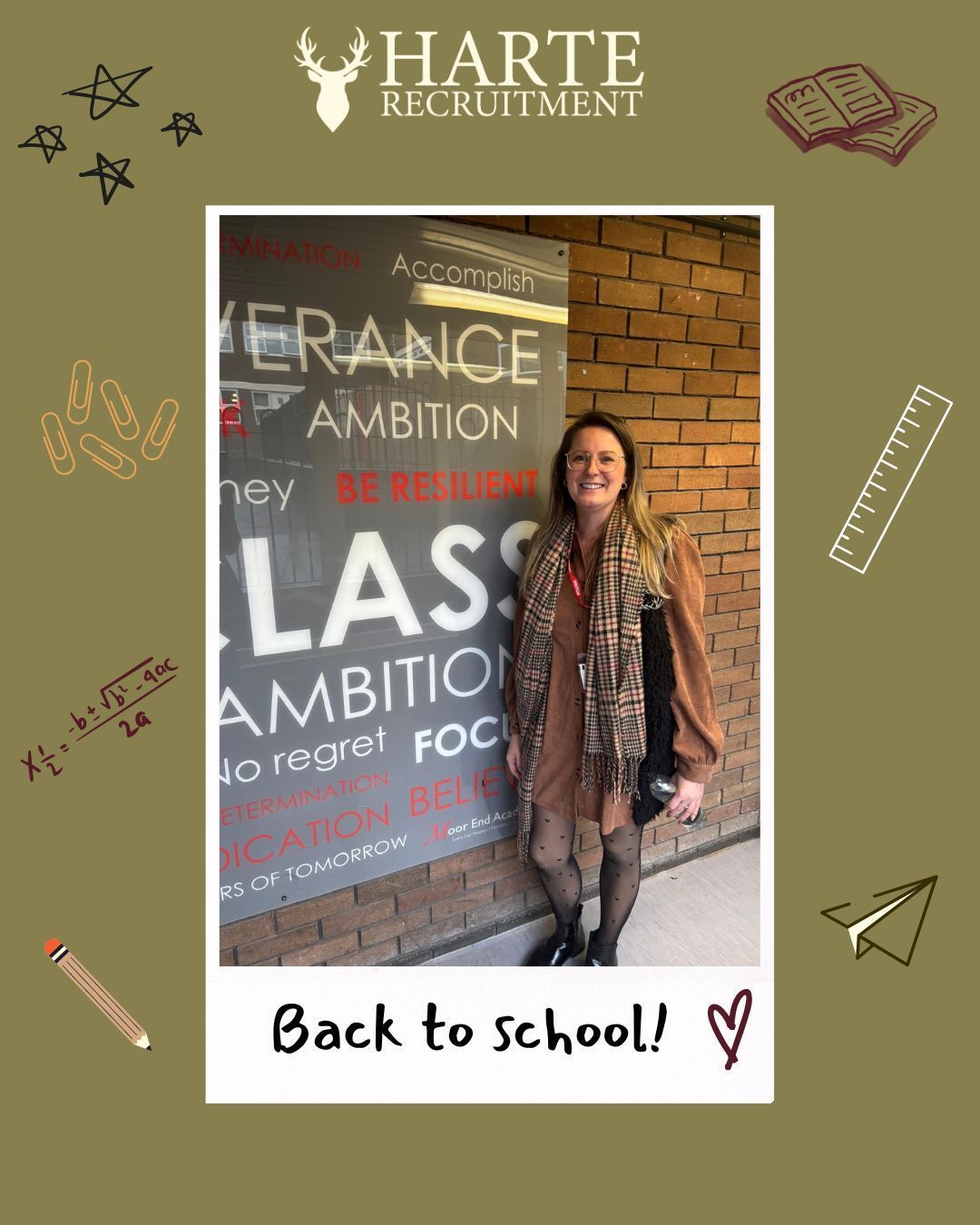Suzie goes back to school...
Earlier this month, I visited a secondary school to help carry out GCSE mock interviews and had the BEST time!
Some of the stuff I heard made my jaw drop (in a good way!) because the students were so clear on what they wanted out of life.
One 16 year old girl told me ‘I don’t care for money. I care for rank.’ She knows what motivates her and I just hope she never, ever changes. (And told her so. 💪)
I also asked a 15-year-old guy what he liked about school and his reply was a straight-forward ‘nothing.’ A comment like this could easily make him come across as a lazy little sh*t, but actually, he just sees school as a means to an end so he can go on and do what he really wants.
He spoke about subjects in real depth that school wouldn’t have taught him and answered my open questions with such a high level of intelligence. In some ways I saw a lot of myself in him as I think he’ll do things his own way. 💥
All in all, the experience was a real eye-opener and I met some fantastic kids. I personally think it’s so important that basic interview techniques are taught early on because they’re essentially a life skill and that will help people achieve what their sights are set on.

